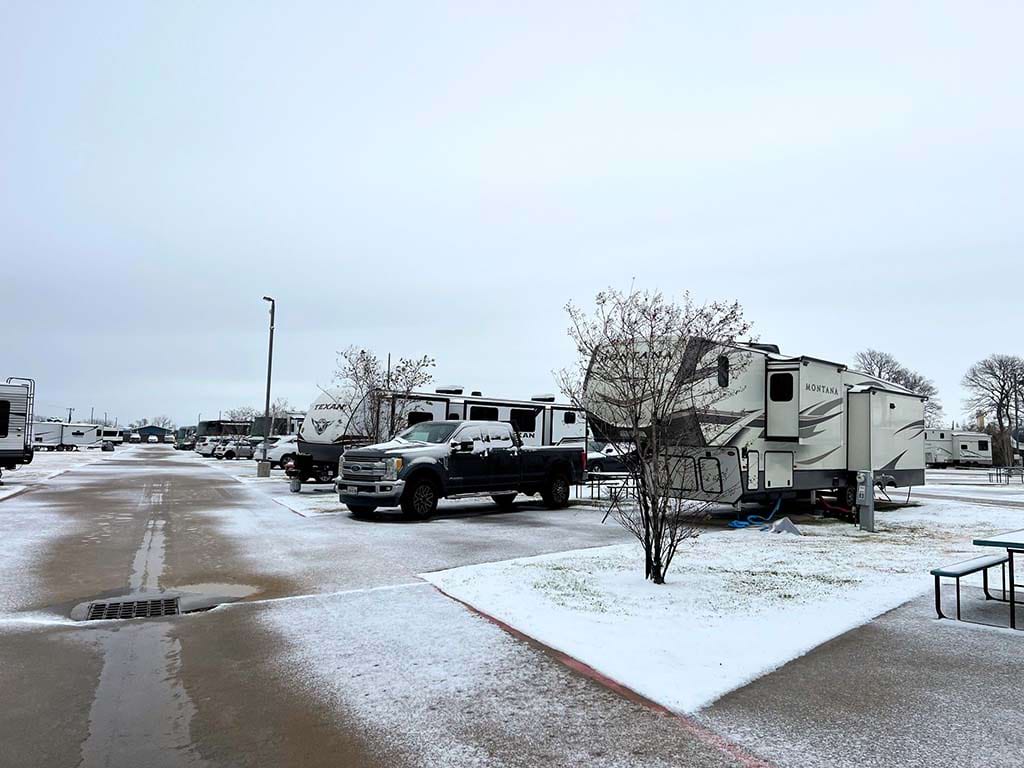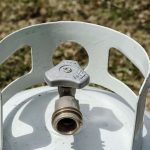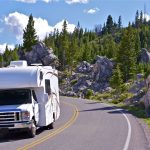Winter camping in your RV can be a magical experience, but freezing temperatures can turn that dream into a nightmare if you’re not prepared. Keeping your RV warm during extreme cold is essential to ensure comfort, prevent damage, and avoid unnecessary expenses. Whether you’re living full-time in your RV or taking a winter road trip, these practical tips will help you stay cozy and safe.
Insulate Your RV Properly
Insulation is your first line of defense against freezing temperatures. Here’s how you can enhance it:
- Windows and Doors: Use thermal curtains, bubble wrap, or reflective insulation to cover windows and prevent heat loss. Apply weather stripping around doors to block drafts.
- Floors: Add rugs or foam mats to help insulate the floor from the cold ground.
- Walls and Ceiling: If your RV lacks sufficient insulation, consider adding additional foam board insulation in key areas.
Seal Air Leaks
Cold air can seep into your RV through cracks and openings. Conduct a thorough inspection and seal any leaks using caulk or expanding foam. Pay special attention to:
- Around windows and doors
- Slide-out seams
- Roof vents
- Utility hookups
Skirt Your RV
Skirting around the base of your RV helps trap heat underneath and prevents cold air from circulating. You can use:
- Foam board insulation
- Vinyl skirting
- DIY solutions like hay bales or insulated panels
Use a Reliable Heating System
Your heating system is crucial for staying warm. Consider these options:
- Propane Furnace: A built-in RV furnace is the most efficient way to heat your space. Ensure the vents are clear and the furnace is in good working order.
- Electric Space Heaters: If you have access to shore power, ceramic or oil-filled heaters can supplement your heating.
- Diesel or Catalytic Heaters: These options work well for off-grid RVers who need a consistent heat source.
Protect Your Water System
Frozen pipes can cause major damage. Prevent freezing with these tips:
- Use heat tape on exposed pipes and hoses.
- Insulate your water hoses with foam insulation or purchase heated hoses.
- Keep your holding tanks warm by adding insulation or using tank heaters.
- If extreme cold is expected, consider filling your freshwater tank and disconnecting from external water sources overnight.
Optimize Interior Heat Retention
Even with a good heating source, you want to maximize heat retention:
- Close off unused areas to concentrate heat where needed.
- Cook meals inside to add warmth and humidity.
- Use heated blankets or sleeping bags rated for cold weather.
- Keep cabinet doors open near plumbing to allow warm air to circulate around pipes.
Monitor Temperature and Humidity
Cold weather can lead to excessive condensation inside your RV, which can cause mold and mildew. To manage this:
- Use a hygrometer to monitor humidity levels.
- Run a dehumidifier if needed.
- Ventilate your RV by cracking a window or running a vent fan periodically (if needed).
Prepare for Emergency Situations
Cold weather can be unpredictable, so always be ready:
- Keep extra propane or fuel on hand.
- Have a backup power source like a generator or solar setup.
- Stock up on extra blankets, food, and water.
- If you live somewhere that gets snow, carry tire chains and emergency supplies in case of icy roads.
Stay Informed About the Weather
Check the forecast regularly to anticipate temperature drops. If a severe cold snap is coming, you may need to relocate to a warmer area or adjust your preparations accordingly.
Final Thoughts
With proper planning and the right equipment, you can enjoy RVing even in freezing temperatures. By insulating, sealing air leaks, optimizing heating, and protecting your water system, you’ll stay warm and comfortable throughout the winter.
For more RV tips and camping essentials, be sure to check out our latest blog articles. Stay warm and happy travels!




